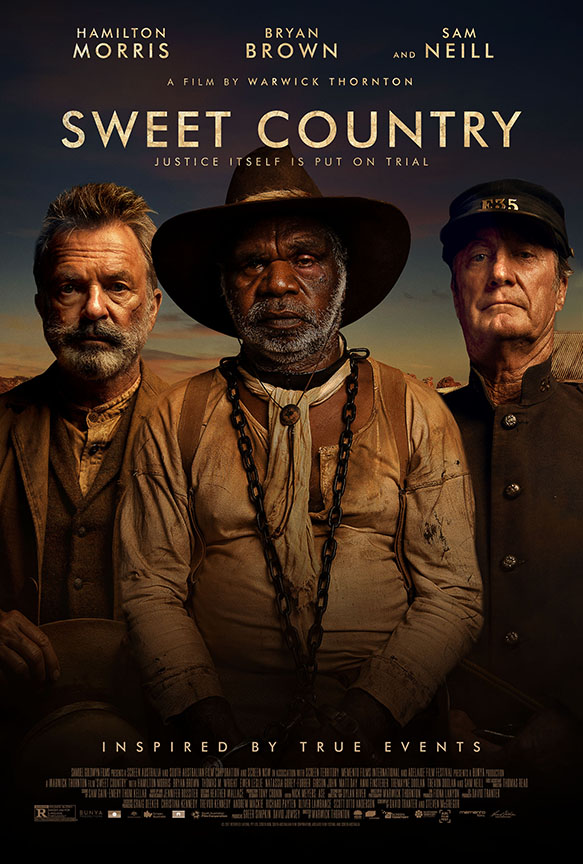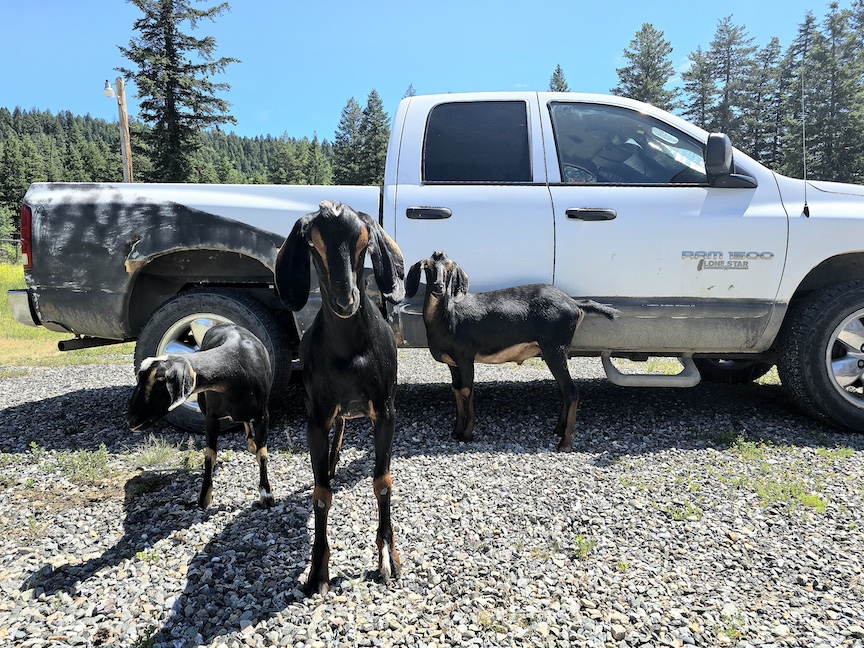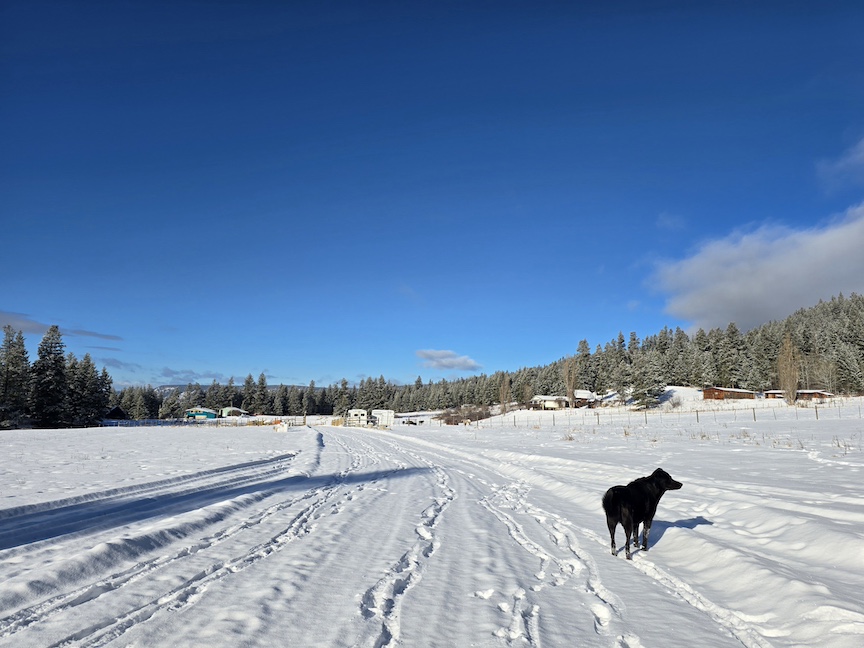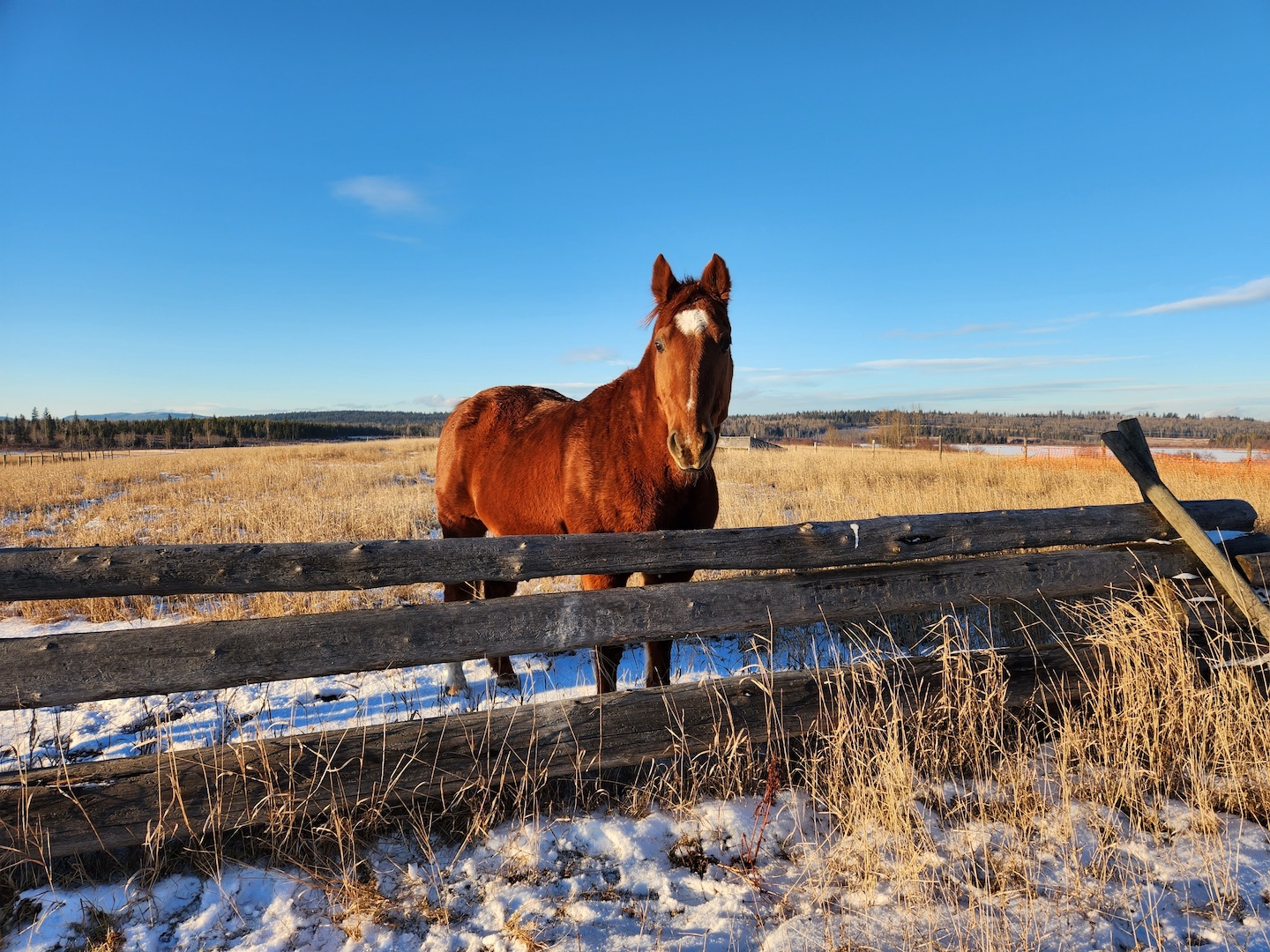Starring: Hamilton Morris, Shanika Cole, Ewen Leslie
Director: Warwick Thornton
Released: 2017
Mood: If you want to watch a stunning Western that’s hauntingly similar to current events and mentalities in many parts of the world.
Holy shit. This is the film I’ve been searching for.
I know that my ‘fans’ mostly exist in my mind. You probably stumbled on this post at random. You didn’t read my last four or five reviews, and you don’t know that I’ve been on a month-long Western drought. But seriously – it’s been BAD. It started with a few duds, then morphed into a streak of disappointments.
Yesterday I was completely f*cking desperate to finally pick a winner, so I was combing every watchlist on each of my streaming services. I landed on Sweet Country, and it was the best decision I made all week. And that includes having Chinese takeout leftovers for breakfast.
But this is where my joking ends. Sweet Country is thoroughly satisfying in that it deserves tens across the board on story, acting, and cinematography – but this isn’t a Hollywood blockbuster. It’s a stark and unflinching look at brutal racism toward Indigenous people in Australia, and it’s extremely hard to watch – 99% of the white people are viciously cruel, and there’s a rape scene that’s heard (not shown).
If you can handle it, you absolutely need to watch Sweet Country. If the story guts you, I’d suggest reading about the many state-sanctioned massacres of Australia’s Indigenous people, carried out almost entirely by white military and police. There are lots of organizations you can support that are doing strong work in the ongoing fight for Aboriginal and Indigenous rights.

Sweet Country takes place in the 1920s, in Australia’s Northern Territory. It’s loosely based on the true story and legal proceedings of Wilberta Jack.
An Indigenous man named Sam Kelly (Hamilton Morris) is working on a small farm owned by a preacher named Fred Smith (Sam Neill). His wife and niece also live there. Although Sam works the farm, Fred considers him an equal.
A drunken racist asshole f*ckwit named Harry March (Ewen Leslie) comes around asking for help mending a paddock fence on his own nearby farm. He’s a WWI veteran, and he clearly has PTSD – and what the character does is horrific and painful to watch. Sam goes to his farm to help, and while he’s out rounding up Henry’s cattle the man rapes his wife. He threatens to skin her and Sam if she tells anyone.
Shortly afterward, the kindly preacher goes into town and Henry shows up at the farm looking for a runaway Indigenous boy that he thinks is his ‘prisoner’. He starts shooting up the homestead, and eventually he kicks down the door. Sam drops him with one bullet from the preacher’s rifle, killing him.
Sam and his wife spend most of the rest of the film on the run, because it doesn’t matter what Henry did first – Sam killed a white man.
There’s also a subplot with the Indigenous boy named Philomac (Trevon Doolan), which subtly depicts whitewashing. Philomac is obsessed with a shiny watch he stole from the late Henry March. An old farmhand and tracker named Archie keeps warning him that these white people are devoid of culture, that they’re erasing the local lore, and not to be like them.

Make no doubt about it, this IS a Western. It falls under the ‘meat pie’ sub-genre, which also includes Quigley Down Under, set in the Australian outback. It has several Western themes, including running from the law, pursuit of justice, survival, and horseback chases.
And Sweet Country’s chase is so f*cking tense because there’s NOWHERE TO HIDE in all that desert country. There are no forests. No creeks to hide your footprints.
Hamilton Morris is absolutely heartbreaking as the stoic Sam Kelly. He somehow works physical silence and stillness into a place where you’re leaning toward the screen, begging him to speak up or stand up for himself but knowing that he absolutely won’t, because he can’t. His performance had me in tears, multiple times.
Bryan Brown is another standout as Sergeant Fletcher – the man leading the chase. He has multitudes of layers and levels not present in the other white characters. Watching him press onward after nearly frying in the desert, and the way his face and posture shift with realization during the trial… it’s really great acting.
Sam Neill as the preacher Fred is the gentle voice you need in order to handle the rest of the characters and the story. He’s one person trying to do what’s right, surrounded by so much hate. When he speaks the last line of the film, you feel it in your soul: “What chance have we got? What chance has this country got?”

Director Warwick Thornton’s cinematography is the most gorgeous I’ve seen in as long as I can remember. It’s scenic eye candy from beginning to end, with crisp shots ranging from wide landscapes to thoughtful closeups of flora and fauna. You feel immersed in the vast openness of the land, yet totally exposed – like Sam would feel.
The cast and crew of Sweet Country is largely made up of Indigenous Australian people including Thornton himself, who is a Kaytetye man. The film earned TONS of well-deserved awards in Australia and around the world.
I can’t say enough good things about it – you just have to experience it for yourself.
And if you want to watch a similar story that comes from a Mexican American perspective, definitely check out The Ballad of Gregorio Cortez.


